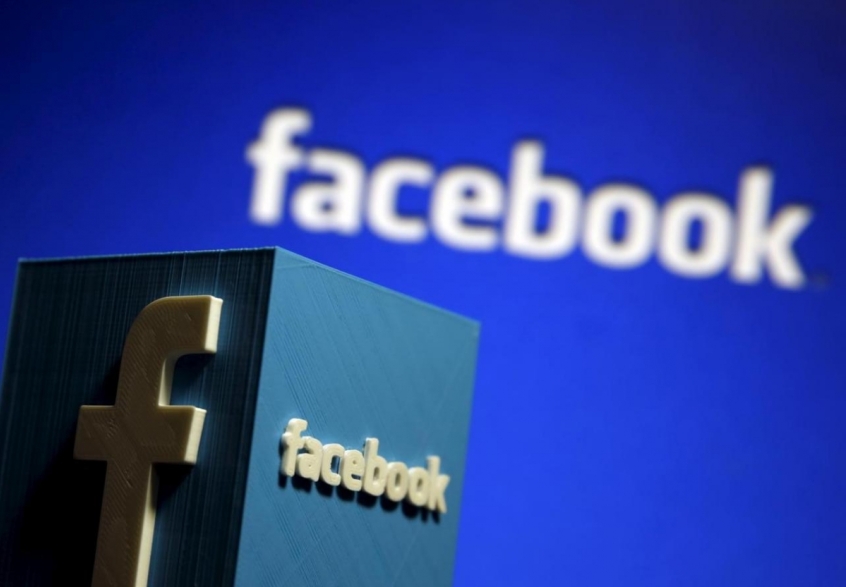
Early last month, former Facebook executive Chamath Palihapitiya said some harsh words against his former employer. Palihapitiya discussed how social media is ruining society, and a Facebook representative recently responded in defense of the platform.
The response was sent in an e-mail to Business Insider. It did not try to disprove or dismiss the former executive's comments on how social media is "ripping apart the social fabric of how society works." Instead, the representative prefaced the reply by saying that Facebook is now a very different company from the one Palihapitiya used to work for.
"Chamath has not been on Facebook for over six years," the response began. It shared that when Palihapitiya was at Facebook, the primary focus was on determining social media techniques that will make the network grow.
Basically, the response admitted that about six or seven years ago, Facebook was primarily concerned with bringing more users to the site than anything else. This is not the case for the company now. "As we have grown we have realized how our responsibilities have grown too," the reply continued.
The response also detailed how the company has partnered with academic experts to help them further understand the ways in which the platform is affecting people. According to the reply, Facebook CEO Mark Zuckerberg himself declared that the company is willing to cut profits if it means that "the right investments are made." Maximizing numbers are no longer the priority, the reply claimed.
Palihapitiya made news when a video interview made for the Stanley Graduate School of Business was uploaded to YouTube early last month. The talk lasted for about an hour, but one of the major points made is how social media is affecting society for the worse.
The former Facebook executive claimed that the addictive potential of the platform led to a society that is saturated with misinformation and lacked civil discourse and cooperation.













